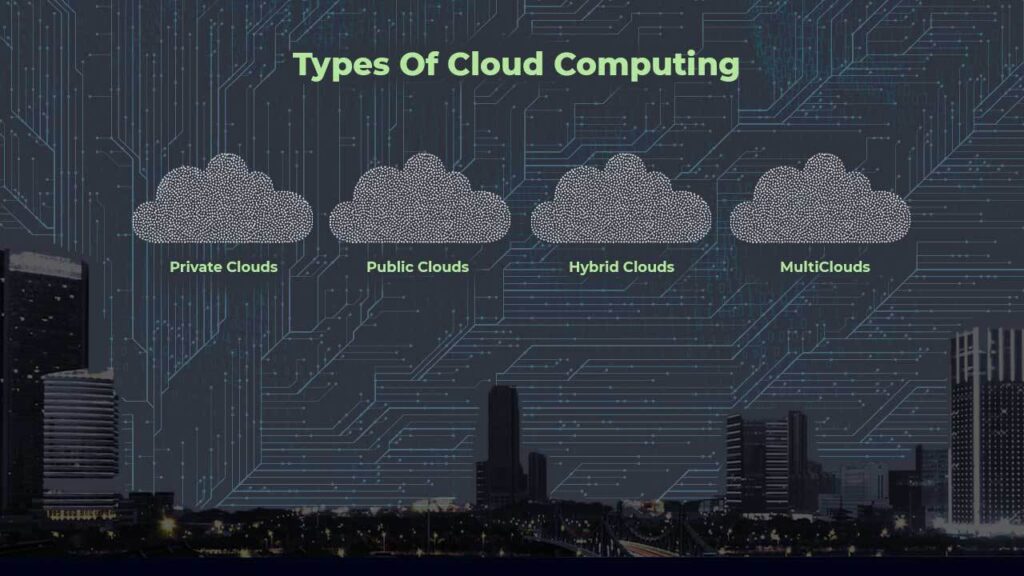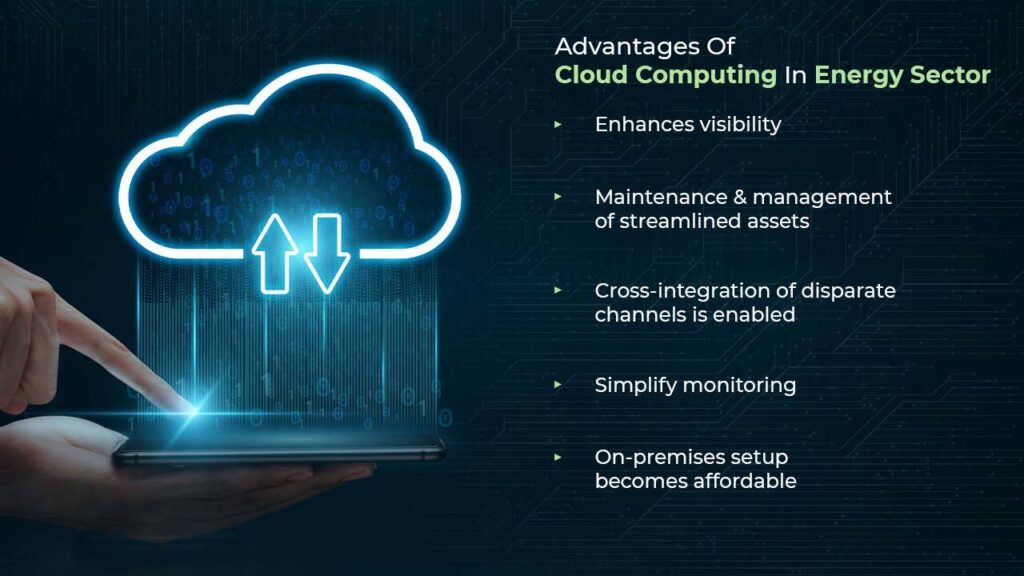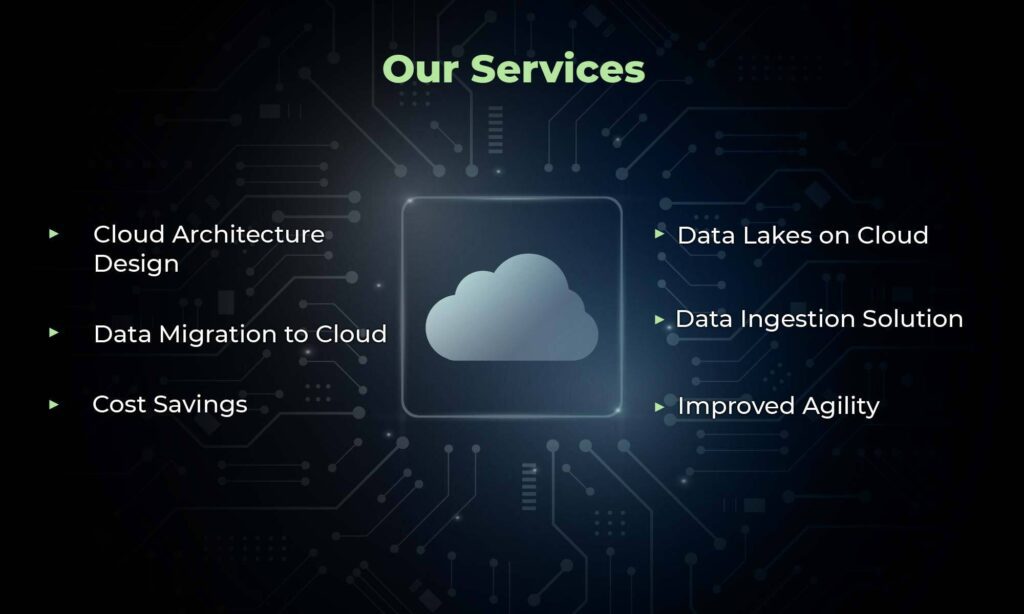
What is Cloud Computing & its Advantages for the Energy Sector
Cloud computing is on demand computing services over the internet. It delivers cloud-based services for individuals, small businesses, and multinational companies. These businesses can easily access their data and resources from a variety of devices and locations. Multiple organizations are using cloud computing services such as shared hosting, dedicated servers, databases, networking, and pre-build machine learning software.
Every user can remotely access their data from cloud servers. Cloud computing platforms help individuals as well as businesses. Company employees can easily assess their data and resources from a variety of devices and locations.
You don’t need to save your data on hard drives or local storage devices where there is a chance to lose it. Cloud base storage gives a remote database to save files. Thus, you can easily access your data from a variety of devices and locations.
Cloud computing is famous because of its scalability, Robustness, speed, productivity, and security. Similarly, It helps to reduce costs.
Types Of Cloud Computing
There are four types of cloud computing. These types are divided into the following types according to functionality and services.
Private Clouds
Private Cloud provides its services the same as its name is suggesting. An individual or a business uses the storage and the resources provided on the private cloud. Private clouds are physically at the organizations like their own data center using their hardware. It gives security and safety because only private network users can access private cloud services.
The other public network users can’t access their data. It has more safety and security than a public cloud. Organizations prefer more private clouds because companies don’t share multiple resources over the internet publicly. It gives us more security, so typically it is more costly than public clouds.

Public Clouds
Public clouds are usually run by a third-party cloud service provider. These service providers deliver their services over the public internet. The public cloud provider has ownership and control of its storage, resources, and infrastructure. So, troubleshooting problems and updates can be easily handled by the service providers.
These companies have different subscription systems for clients. Clients can choose how much storage and resources they need and select subscriptions according to their needs. Cloud storage businesses equip a vast variety of resources such as memory, networking, CUP, and storage.
Hybrid Clouds
Fundamentally, a hybrid cloud is a combination of private and public clouds. It depends on us what kind of combination we adopt for our business. Organizations are using hybrid clouds; private clouds for sharing their confidential files and resources; and public clouds for sharing their normal files, resources, and document collaboration. It developed flexibility in its operations and infrastructure.
MultiClouds
Multi Cloud is a combination of different clouds, which means businesses can take cloud services multi-time or from multiple third-party cloud providers. It helps businesses to create separate clouds for their different departments and branches.
Organizations prefer to use multi-cloud providers to improve their cybersecurity systems. Sometimes it becomes challenging to handle multi-cloud systems because different infrastructures are used to share resources and operations between clouds.
Cloud Computing Impacts The Energy Sector
In the energy sector, cloud computing helps companies become more resilient, sustainable, agile, and competitive. It assists industries to run their value chain elements (upstream, downstream, and midstream) more efficiently.
It enabled more effective predictive operations in the two key areas of the energy sector: pipeline network management and its commercial optimization. Increasing its visibility and integration by enabling its self-optimization planning. Increase its predictive operations and risk calibration. Make cost management better.
The cloud computing energy sector gave good productivity and good management and maintenance of cycle time. Make better decision-making to optimize real-time sensing technology to connect financial and operational data.

Top 5 Advantages Of Cloud Computing In Energy Sector
- Enhances visibility.
- Maintenance and management of streamlined assets.
- Cross-integration of disparate channels is enabled.
- Simplify its monitoring
- On-premises setup becomes affordable.
Challenges:
- Can’t draw accurate forecasting and insights.
- Clients face cloud-hosting storage issues. Can’t get their structure and unstructured data if they are not different sources.
- Data migration issues from on-premises to off-premises.
- Data ingestion issues.
- Clients are buying separately hardware, software, and licenses which results in increased costs.
- Security, monitoring, and analysis issues.

Our Services:
Cloud Architecture Design
We assist organizations in transforming their regular operations into AI cloud. Cloud architecture design streamlines the workstream and dynamically scales infrastructure that can be molded according to the use cases. The cloud architecture design is a model that will give a direction to your online business and make it scalable.
Our cloud architecture experts enable businesses to design a cloud-based system for organizing data that meets workload, employees, and end-user demands.
Data Lakes on Cloud:
We provide cloud-hosted storage solutions which can easily save client’s structure and unstructured data from several sources. Production and analysis insights are met, which acts as a single source of truth.
Data Migration to Cloud:
We help organizations save and move their data and infrastructure from on-premises to off-premises. Give them solutions to move their data, workload, IT resources, and applications to the cloud.
Data Ingestion Solution:
We assist organizations and provide them with a solution in moving their data from one or more sources to a target site for additional processing and analysis. We assist them to absorb something or take something into ingestion.
Cost Savings:
We are providing everything with our cloud computing services. So, clients don’t need to buy hardware, software, or licenses separately. It increased the efficiency in the organization’s operations such as database administration, deploying new applications, or buying and putting them up. Configured servers result in cost savings from cloud adoption.
Improved Agility
Improves organization agility, in the cloud. Thus, clients can get infrastructure within minutes rather than months and de-provisioned just as quickly. It overcomes the issues like security, monitoring, and analysis instead of only providing and maintaining the resources.
Wrapping Up
Cloud computing delivers a variety of computer services over the internet. Cloud computing platforms enable individuals as well as businesses to easily access their data from remote cloud servers. There are 4 types of clouds.
In the energy sector, cloud computing helps companies become more resilient, sustainable, agile, and competitive. We as an energy software consulting company provide our services to overcome many challenges in the energy sector. If you want our services for your business or individual contact us at 📧 info@odysseyanalytics.net.